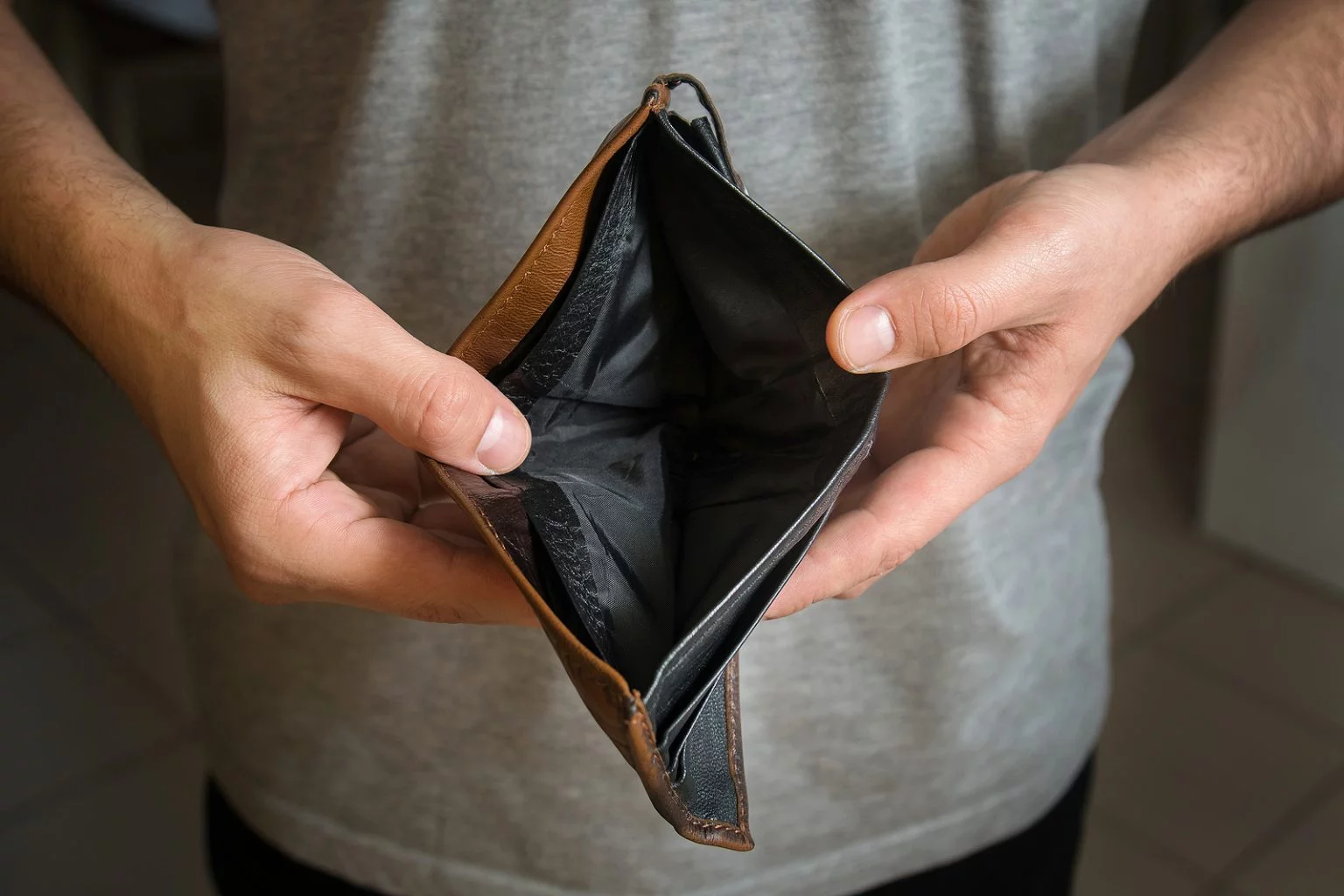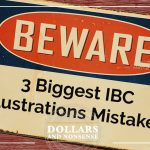Financially speaking, you have the potential for a very healthy future. Yet, to truly make that a reality, you need to avoid these 7 common cash poor mistakes. Read on and make sure that your spending habits work for you and not against you.
1. No Plan – No Idea
If you don’t have a plan for what you will spend, then you will lose track of your expenditure. You will also be tempted to think you have more ‘play’ cash than you have because of recurring monthly expenses.
Set yourself a realistic budget and try your best to stick to it. You can use many different apps to track your expenditure so as to stay within budget.
Many people benefit from the 50/30/20 rule. Set aside 50 percent of your income for your monthly necessary expenses such as rent, utilities, food, transport, and everything like this. Then set aside 20 percent for savings.
These are your long term savings and emergency money. The remaining 30 percent can be budgeted for your ‘play’ cash. This is entertainment, meals out, etc.
2. Increasing Bad Debt
It is helpful to understand the difference between good debt and bad debt. The former leads to greater wealth as it is used to purchase an asset that grows in value over time, such as a property. In contrast, bad debt just burns a hole in your finances because the longer you own the debt, the bigger the debt becomes, such as credit card debt.
If you don’t watch how much you’re spending on credit, you will increase your bad debt and that will cripple your cash flow as you need to pay off credit charges. Some people aren’t certain of how much they are paying in credit charges.
You can use online calculators to calculate this so that you’re better informed as to how much your credit is costing you.
3. Letting Your Heart Rule Your Head
Try to resist the urge to buy on impulse. The chances are if you buy on impulse the item you buy you may not like in the near future. At the very least, you may hardly ever use this purchase.
Instead, try to cultivate a more thoughtful and purposeful approach to your purchases. Take your time, research the cost and the best places to buy. Just because it is on sale doesn’t mean you need it, or it that it will have high value in your life.
4. Too Many Invisible Outgoings
It is possible you have several outgoings from your bank account directly that you don’t give a second thought. That is ok, as long as though outgoings continue to provide something that meets your needs. For example, you may have a gym membership regularly leaving your bank account but you have been there for months.
The fact that these expenditures are ‘invisible’ it is easy to forget about them and even worse do nothing about canceling them. No one is saying don’t bother with the gym but take some time to assess the value of these subscription services and whether or not they represent an opportunity to save money.
5. Burning Money on Bad Habits
To have cash is a powerful thing. You want your money to work for you and not against you. That means avoiding spending it on things that hurt your financial and physical health, such as smoking, and excessive drinking, or any other bad habit.
Don’t misunderstand, you’re free to spend and enjoy your hard-earned money however you like. Yet, if you’re able to control those habits and have balance in your life, then you will find you have more of your cash available to work for your long term wealth.
6. Cashless Transactions – Too Convenient
Paying for everything on a credit or debit card is very convenient. These days you can even use your mobile phone. The ways that money can almost effortlessly leave your bank account seem unlimited.
These methods may be convenient but they make it harder to maintain a sense of cost and the value of the money you spend. When you use cash, it is easier to know how much you’re spending and what it means in real terms. If you’re not convinced, then test this out by sticking with cash for one month and see how you feel. It will change your perspective on the cash poor mistakes you are making.
7. Wedding Day Trap
With so many glossy fashion and glamor magazines, everyone has been trained to believe they should have the biggest and most expensive wedding possible. In fact, if you don’t do this you could be denying the love that your partner deserves.
Save yourself many years of debt and the heartache that comes with it by having a more modest and affordable wedding day. Debt isn’t the best start for marriage and it is one of the biggest issues that cause stress between couples.
No More Cash Poor Mistakes
In this article, you have read about 7 common cash poor mistakes and what you can do to avoid them. Ok, not all these may work for you but give them some serious thought because the more cash you have available to work for you the wealthier you will become in the long term.
It isn’t enough to earn good money. You need to educate yourself so that the money you earn isn’t consumed by your lifestyle but will help to develop and grow your long term wealth. Check out these free e-books to keep your financial education going.






